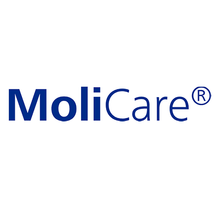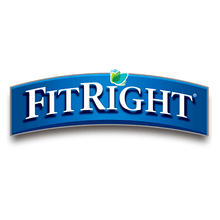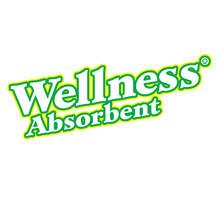Did you know that there is more than one type of incontinence?
There are two types of incontinence, urinary incontinence and fecal incontinence. Urinary incontinence is broken down into six types (stress, urge, overflow, reflex, functional and mixed).
Types of Urinary Incontinence
Urinary incontinence is more common than fecal incontinence, with about 44% of adults over 65 experiencing only urinary incontinence and approximately 17% experiencing only bowel incontinence.
Stress Incontinence
Stress incontinence is when there is a sudden pressure or stress on the bladder that causes urine to unexpectedly leak. Sudden pressure or muscle contractions on the bladder are caused by coughing, sneezing, exercising, heavy lifting or laughing. Stress incontinence is more common in women, as it can be a result of weakened pelvic floor muscles due to childbirth and menopause. This can often be treated with special exercises or physical therapy.
Urge Incontinence
Urge incontinence is a sudden urge to urinate that is so strong it cannot be held long enough to reach the bathroom. Urge incontinence is also known as overactive bladder (OAB). Urge incontinence or OAB can be the result of nerve damage, bladder spasms, stroke and other conditions. Urge incontinence can be treated with medications.
Mixed Incontinence
Mixed incontinence is the combination of urge incontinence and stress incontinence. Mixed incontinence shares the symptoms and causes of both stress and urge incontinence. Therefore, people with mixed incontinence experience both sudden stress on the bladder and a sudden urge to urinate, causing urine to leak before they can use the bathroom. It is common in women following childbirth and menopause, as well as with nerve damage, multiple sclerosis (MS), diabetes, stroke and others.
Overflow Incontinence
Overflow incontinence occurs when the bladder is unable to contain urine under pressure. The bladder fills up and eventually overflows, causing urine to leak. People with overflow incontinence may also feel like they cannot completely empty the bladder. Overflow incontinence is common for men with an enlarged prostate and in adults with a UTI.
Reflex Incontinence
Reflex incontinence is caused by bladder muscle contractions that cause urine to leak out without warning. Reflex incontinence is similar to urge incontinence; however, the difference with reflex incontinence is the absence of the warning or urge to go. Reflex incontinence is common in people with neurological impairments, such as spina bifida, MS and spinal cord injury. It can also be the side effect of surgery or radiation treatment.
Functional Incontinence
Functional incontinence is when a person cannot get to a bathroom fast enough or cannot recognize the need to go to the bathroom. It is often due to physical or mental impairments. People with physical disabilities that keep them from being able to get to the bathroom experience functional incontinence. Alzheimer’s and other dementias cause changes in the brain that can make adults unable to recognize the body’s signal of the need to use the bathroom. Additionally, people with Alzheimer’s or other dementias may experience confusion trying to find the bathroom and urinate before they make it to the toilet. Functional incontinence is often urinary and fecal.
Fecal Incontinence
Fecal incontinence is the involuntary loss of stool/feces and ranges from occasional leaks to complete loss of control. Fecal incontinence can be temporary or recurring. People can experience temporary incontinence with diarrhea, hemorrhoids or constipation, whereas fecal incontinence caused by muscle damage, surgery or dementia is often recurring.
Fecal incontinence can be experienced with or without urinary incontinence. Fecal incontinence is less common than urinary incontinence, but still affects over 17% of adults over 65 in the U.S.
Of course, the products that we offer here are ideal for dealing with these conditions. For stress incontinence, you should browse our Bladder Pad section, where you can find pads suitable for light protection up to overnight protection. We also offer a pad specially designed for fecal incontinence, the Abri-San Premium Fecal Pad, which is very effective at containing accidents.






